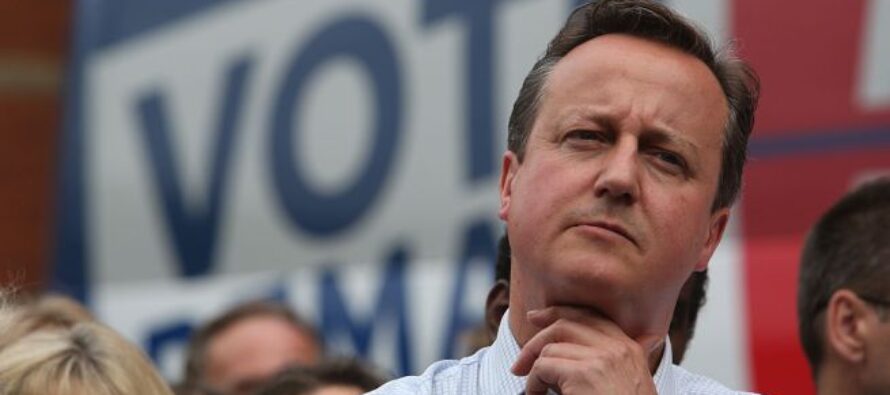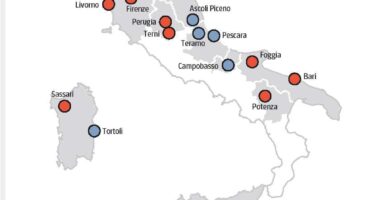Britain votes to quit EU

![]()
British Prime Minister David Cameron might resign after results from his referendum on EU membership show it pulling Britain and the north of Ireland out of the European Union by a total vote of an estimated 51.7% to 48.3%.
Opinion polls published ahead of the vote once again proved wildly incorrect as the ‘Leave’ vote gained a majority of almost a million votes by 5am this Friday morning.
The “Leave” camp did much better than expected in the post-industrial northern English towns and the Labour-voting former mining valleys in Wales. Significantly, the north of Ireland and Scotland showed clear majorities for remaining in the EU, with 56% and 62% in favour of ‘Remain’ respectively, while England and Wales voted for ‘Leave’ by some 54% and 52% respectively.
Amid profound financial and political upheaval, Labour leader Jeremy Corbyn is set to call on David Cameron to resign if he does not depart of his own accord, according to reports. Hilary Benn, the shadow foreign secretary, said he believed David Cameron would quit.
“If you are the prime minister, you’ve called this referendum, you’ve laid your reputation on the line and your arguments, I think it’s going to be very hard,” he said.
The results of the referendum painted a picture of Britain as a deeply divided state, fractured along lines of region, class, age, and, in the Six Counties, along sectarian lines. The poll released a wave of hostility in England against immigrants and foreigners in general, culminating in a fatal gun and knife attack on Labour MP Jo Cox, who had campaigned on behalf of Syrian refugees.
In the north of Ireland, there was a strong trend towards remaining in the EU in nationalist constituencies, and for leaving in unionist constituencies. The strongest ‘Remain’ votes were in Derry, where 78% backed EU membership, followed by west Belfast at 74%, while the strongest ‘Leave’ votes were in north Antrim, where 62% backed ‘Leave’, followed by Strangford at 56%.
The biggest surpirse of the night was in Wales, where only 5 of the 22 Welsh authorities voted to remain, the rest for ‘Leave’. ‘Remain’ campaigners saw the result as a protest against the establishment and Tory austerity as well as immigration. There was a similar story across swathes of England, where industrial and working class areas voted strongly for ‘Leave’, while the wealthier and more cosmopolitan constituencies of London and other southern urban centres voted strongly for ‘Remain’.
There was a very clear divide between Scotland and England, with voters north of the border showing much stronger support for ‘Remain’. In Glasgow, Scotland’s largest city, voters backed ‘Remain’ by a margin of two to one, with 67% in favour of staying in Europe, compared to 33% who backed a Brexit.
Former SNP leader Alex Salmond said the result of the referendum warned that Scots could hold a second independence referendum if the country is “dragged” out of the European Union.
In the north of Ireland, Sinn Fein looks set to to press ahead with its demands for a border poll, but has not yet made a definitive statement. Speaking as the results came in early this morning, Sinn Fein’s national chairman Declan Kearney said Brexit will have “massive ramifications for the British State as we know it”.
Related Articles
Renzi parla di vittoria Ma avverte il partito: posizioni di rendita finite
![]()
Renzi: «Con Grillo è andata 20 a 1, altro che frenata»
Geniali e milionari i matematici superstar
![]()
Non solo algoritmi tecnologici: è la pura scienza dei numeri a creare un nuovo tipo di super-ricchi. Grazie ai premi dei mecenati della Silicon Valley come Zuckerberg
Droga, la società civile dialoga in Europa
![]()
Parte da Ungass 2016 – l’assemblea ONU sulle droghe che si terrà a New York – l’impegno della nuova compagine del Civil Society Forum on Drugs





